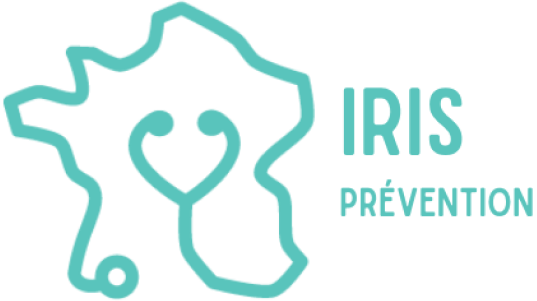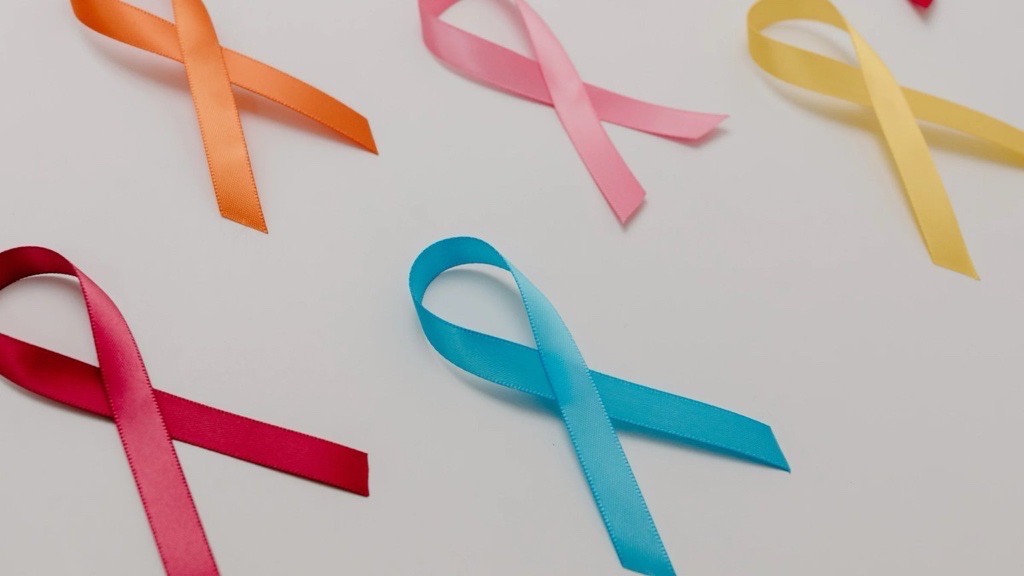Cancer Prevention in Daily Life: 8 Concrete Steps to Protect Your Body and MiNd From your plate to your yoga mat, including stress management and sun protection, discover practical and accessible tips to take care of your physical and mental health. This comprehensive guide blends traditional medicine with alternative approaches for a holistic and compassionate approach to prevention. A must-read for anyone ready to take action today for their well-being tomorrow.
Cancer prevention is essential for maintaining good physical and mental health. Here are some general and practical tips to help reduce your risk of developing various types of cancer:
1. Adopt a Healthy Diet:
Focus on a diet rich in fruits, vegetables, whole grains, and lean proteins. Limit your intake of processed foods, saturated fats, and added sugars. Cruciferous vegetables like broccoli, cauliflower, and Brussels sprouts are especially beneficial.
2. Maintain a Healthy Weight:
Obesity is a risk factor for many types of cancer, including breast, colon, uterine, kidney, and gallbladder cancers. Maintaining a healthy weight through balanced eating and regular exercise can reduce these risks.
3. Exercise Regularly:
Regular physical activity can help lower the risk of cancer, especially breast and colon cancer. Aim for at least 150 minutes of moderate exercise or 75 minutes of vigorous activity per week, along with muscle-strengthening exercises twice a week.
4. Avoid Tobacco in All Forms:
Tobacco use is one of the leading causes of cancer worldwide. Avoid smoking and exposure to secondhand smoke. If you smoke, seek support to quit. Also avoid other forms of tobacco like chewing tobacco or pipes.
5. Limit Alcohol Consumption:
Excessive alcohol intake is linked to an increased risk of cancers of the mouth, throat, liver, breast, and colon. Limit alcohol following public health guidelines.
6. Protect Your Skin from the Sun:
Avoid sunburns by using broad-spectrum sunscreen with at least SPF 30, wearing protective clothing, and avoiding direct sun exposure during peak hours.
7. Participate in Screening Programs:
Regular screenings can detect cancer early, when the chances of recovery are highest. Follow recommended screenings for breast, cervical, colon, and prostate cancer based on your age and medical history.
8. Limit Exposure to Carcinogens:
Reduce your exposure to environmental carcinogens such as industrial chemicals, pesticides, ionizing radiation, and harmful substances found in common household products.
By following these tips, you can lower your risk of developing cancer and enhance your physical and mental well-being over the long term. Remember: prevention and early detection are critical in the fight against cancer.
There are several alternative medicine techniques that can complement traditional approaches to help prevent cancer and support overall physical and psychological wellness. Here are a few examples:
Acupuncture:
This traditional Chinese medicine practice involves inserting fine needles at specific points on the body to stimulate energy flow. Some practitioners believe acupuncture can strengthen the immune system and reduce stress, potentially aiding in cancer prevention.
Meditation and Mindfulness:
These practices can help reduce stress, improve sleep quality, and strengthen immune function. Studies suggest that regular meditation may have positive health effects, including lowering cancer risk.
Yoga:
Combining physical postures, breathwork, and meditation, yoga promotes relaxation and wellness. It has been shown to reduce stress, enhance sleep, and boost immunity—factors that can support cancer prevention and general health.
Herbal Medicine and Phytotherapy:
Certain herbs and plants are used to support immune health and reduce inflammation, which may help prevent cancer. Examples include turmeric, green tea, ginseng, and ginkgo biloba.
Emotional Support Therapies:
Approaches like art therapy, music therapy, laughter therapy, and animal-assisted therapy can help lower stress, encourage relaxation, and improve mood—all beneficial for general health and cancer prevention.
Important Note: These alternative medicine techniques should not replace conventional cancer treatments. Always consult with a qualified healthcare professional before starting any new treatment or practice, especially in the case of serious illnesses like cancer.

